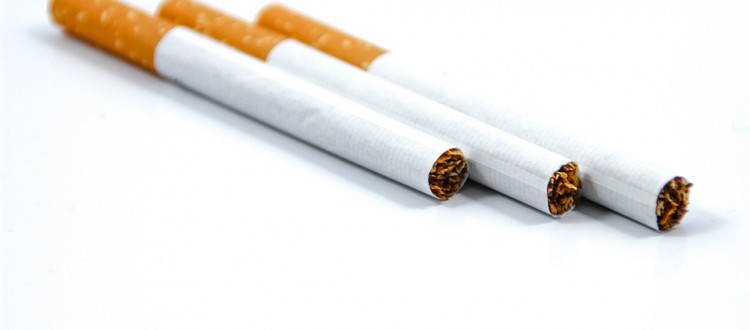Colleges in the Golden Triangle Moving Towards Tobacco-Free Campuses
College education has prompted approximately 77% of graduates to change communities, but it may be preventing attending students from using tobacco starting next year.
Mississippi State’s tobacco ban went into effect on August 1, while Mississippi University for Women initiated its ban on July 1.
When East Mississippi Community College puts its tobacco-free policy into effect at beginning of next year, all three of the Golden Triangle’s college campuses will be officially off limits for tobacco users.
EMCC’s new tobacco policy goes into effect on January 1, 2017.
All of these policies ban the use of tobacco in all forms, including “vapes” or e-cigarettes, from all school facilities and property.
This means that as long as students are living on campus and attending classes, they will not be permitted to partake in any form of tobacco consumption.
So far, the response to the ban at The W has been positive, said LeAnn Alexander, director for Campus Recreation.
“We haven’t gotten much feedback, but just from my personal observation, I think it’s gone very well,” Alexander said. “Apparently, smokers are abiding by the rules. I think the response has been pretty positive, of course, the better indicator will be what we see when the fall term begins and all of our students are back on campus.”
This isn’t the first step that college officials have taken to combat substance abuse on campus, either.
In fact, one New Jersey College even created a community for students who identify as “in recovery” from a substance addiction.
“The vision is to have a house where students in recovery can live together; where they can support one another; where they can build community together, enjoy substance-free activities together,” said Christopher Freeman, who joined TCNJ last year to create and run the collegiate recovery program.
“We sometimes refer to it as an oasis on campus, a sanctuary for recovery for students.”
Freeman hopes to create a community focused on the larger recovery and substance-free communities and hopefully bring some of those students into the housing.
“I would have loved to have this a few years ago when I failed out of college,” said Jesse Dariano, who left Camden County College with a 1.1 grade-point average.
After failing out, he got sober, made connections with the right people, and went back to school.
He says that programs like these are truly helpful for students who are in the recovery phase. He is now a junior studying Psychology at TCNJ.
While colleges in the Golden Triangle aren’t implementing their tobacco-free policies as a way to help people recover, they are hoping for a positive effect on their respective campuses.
Regina Young Hyatt, the MSU vice president for Student Affairs, said the goal of the new policy is to promote a healthier, smoke-free lifestyle for students and staff.
“Mississippi State is joining nearly 1,500 universities across the country in adopting policies that provide a smoke-free and vape-free campus,” she said in a statement. “This policy is part of the university’s commitment to creating a healthy environment for our campus community.”

